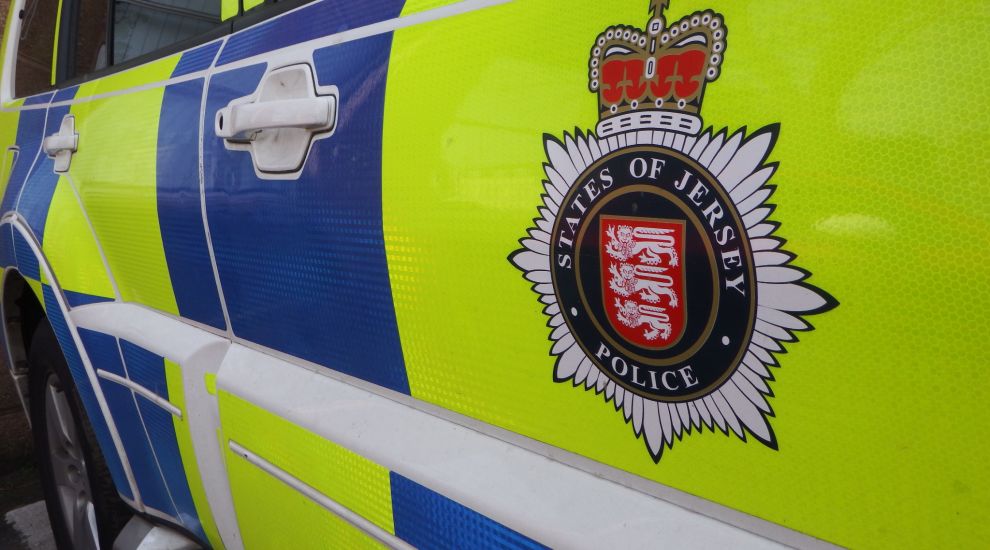

Most islanders rarely experience the island's criminal justice system, so understandably might not know much about its terminology and processes.
Here, in the first of a three-part series, Advocate Francesca Pinel, a criminal lawyer with BCR Law, explains what a police investigation is, how it is carried out, and what can follow.
When a crime is reported, the police have a duty to investigate the allegation. The investigation will usually involve taking a statement from the complainant (the person making the allegation) and any witnesses who might have seen, heard or discovered something relevant (i.e. something that tends to prove a crime has been committed or the identity of the perpetrator).
The police have a variety of powers that they can use during the course of an investigation. For example, they may search a person, vehicle or premises and seize items.

Pictured: Advocate Francesca Pinel.
These powers may only be exercised in certain circumstances. For example, to search premises the police ordinarily require a warrant issued by the Bailiff or a Jurat who will only issue a warrant if certain criteria are met.
The police can enter premises without a warrant but the circumstances in which they may do so are strictly limited, for example for the purpose of arresting a person whom the officer has reasonable cause to suspect has committed an offence.
A police officer has the power to arrest a person who they have reasonable cause to suspect has committed, is committing or is about to commit, an offence.
That person is the suspect. The police officer must tell the person they are under arrest and what they are under arrest for. They must also caution the suspect that they “do not have to say anything, but anything they do say will be recorded and may be used in evidence”.
The suspect will be taken to the police station where they are detained in custody (held at the police station).
The purpose of detaining the suspect in custody is to allow the police time to complete the inquiry into the offence and, if necessary, interview the suspect.
While in police custody, the suspect has certain rights. For example, the right to have someone informed that they have been arrested and the right to free independent legal advice.
The suspect’s welfare and wellbeing are monitored by the custody officer. All interactions with the suspect whilst they are in custody are recorded in a police log.
When the police have completed their initial inquiry into the alleged offence they will ordinarily interview the suspect under caution. The purpose of the interview is to put the allegation and the evidence to the suspect to give them an opportunity to give their side of the story.
In Jersey, a suspect has the right to silence which means they do not have to answer questions and their refusal to answer questions cannot be held against them.
In practice, a suspect will exercise their right to silence by responding with the words ‘no comment’ to each question they are asked.
Sometimes a suspect will cooperate with the police and answer their questions. They may choose to do so because, for example, they wish to put forward an innocent explanation for the evidence the police have obtained which the police can investigate and verify.
At the conclusion of the interview the evidence will be reviewed by the police and the police lawyers. A decision will be made as to whether to charge the suspect with the alleged offence, release them pending further enquiries or drop the investigation.
Comments
Comments on this story express the views of the commentator only, not Bailiwick Publishing. We are unable to guarantee the accuracy of any of those comments.